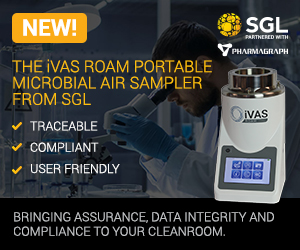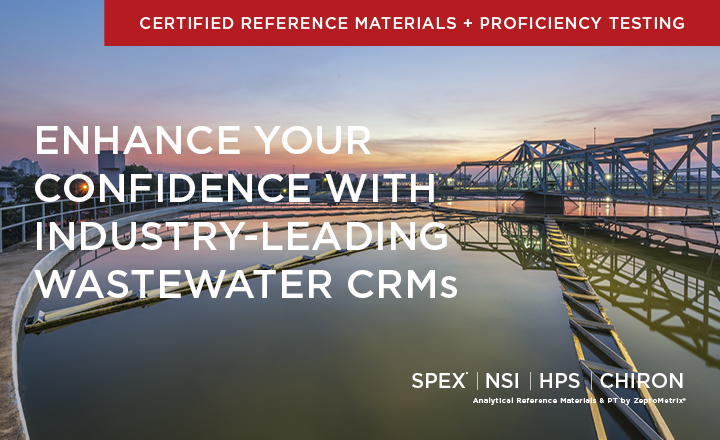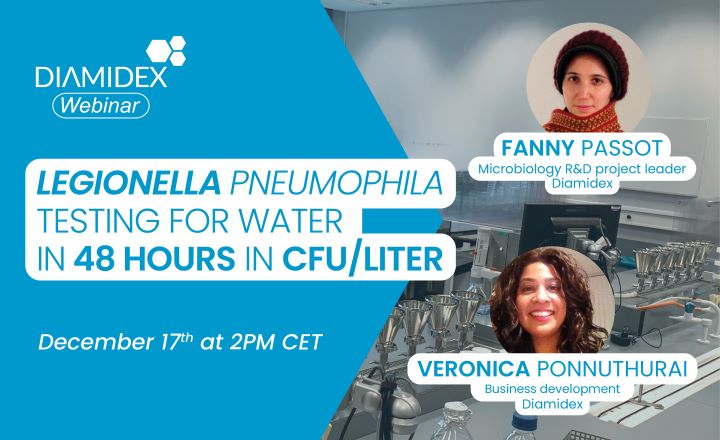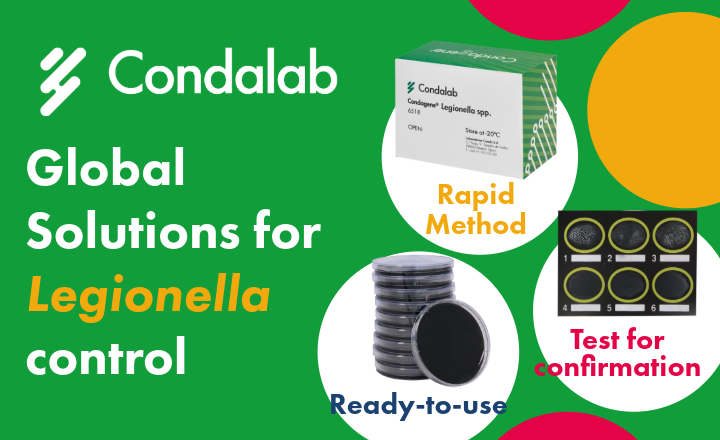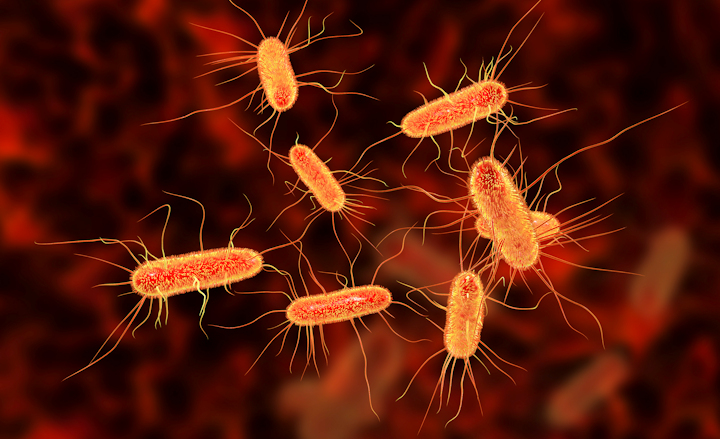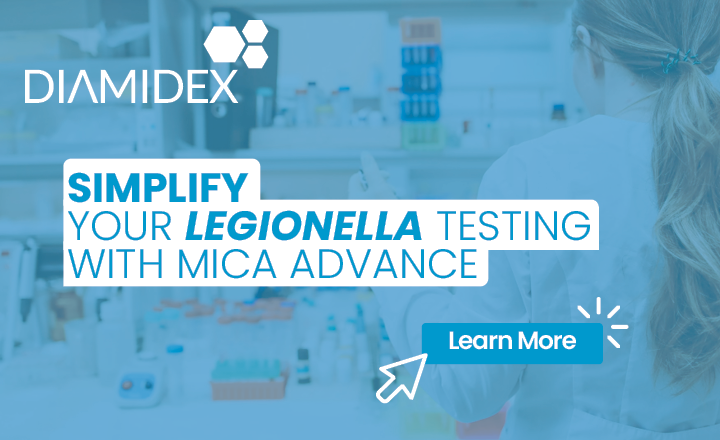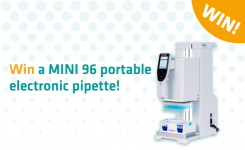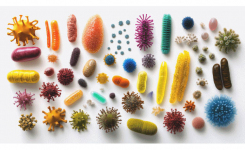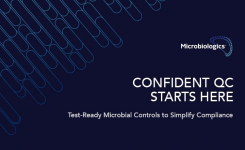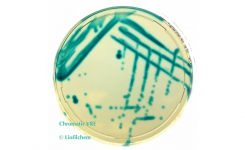The European group POSEIDON, (or ‘Plasmonic-based autOmated lab-on-chip SEnsor for the rapid In-situ Detection of LegiONella’) have developed a scanner to spot Legionella bacteria in under one hour.
Equipped with tiny sensors, the device works by using the photonics technique of Surface Plasmon Resonance (SPR), a procedure that reads information from a refracted laser beam, allowing fast, highly sensitive, inexpensive detection from a small sample without the need for ‘labelling’, the process of binding to a protein in order to be detected.
SPR occurs when polarized beams of light hit a metal film at the interface of two media. A charge density oscillation of free electrons (or “surface plasmons”) at the metal film occurs, reducing the intensity of reflected light. The scale of the reduction depends on the substance on the metal at the interface. Information then gathered from the refracted can then be analysed, and a pre-programmed pathogen confirmed, resulting in an unambiguous detection of the bacteria in situ.
“Detection and investigation of viruses, bacteria and eukaryotic cells is a rapidly growing field in SPR bio sensing, but the detection has only been achieved in laboratory settings. With our unique innovative SPR sensing architecture, POSEIDON provides reliable measurement readouts of Legionella bacterial cells that are driven and entrapped on a custom sensing surface specifically designed with opportune positive and negative controls.”
Surviving and flourishing at temperatures between 25º to 45º C, Legionella bacteria are normally prevented by heating water units above 70º C in order to kill them off. However new bacteria can form quickly, and not all of the pathogens are necessarily removed. The POSEIDON project aims to remove the uncertainty involved. Scientific coordinator, Roberto Pierobon explains:
“POSEIDON is a first for detecting Legionellawith light and provides an inexpensive, user-friendly, state of the art early warning system on an air-conditioning unit. We aim to reduce the time involved in a diagnosis from 10 days to less than 1 hour. In order to prevent outbreaks at critical times of the year, we should be talking about a matter of minutes, rather than days.”
“Cells remain intact throughout the whole fluid transportation system in the device, and do not adhere to the fluidic piping and microfluidic channels. Virtually all of the bacteria cells in the sample are delivered to the sensing unit, giving extremely high sensitivity and specificity,” said Pierobon.


